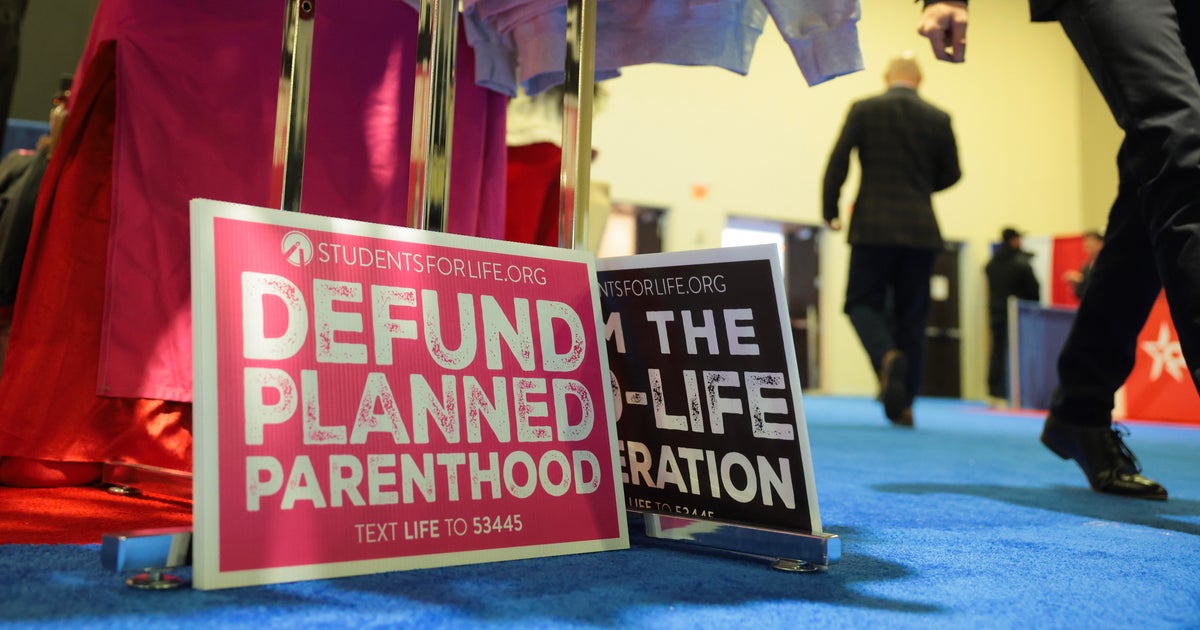Key takeaways:
- The Supreme Court is set to hear a case concerning Medicaid recipients’ ability to choose their healthcare providers, involving Planned Parenthood and the allocation of Medicaid funds.
- The case originates from efforts by anti-abortion officials in South Carolina to block Medicaid funding for Planned Parenthood, amidst significant changes in abortion laws following the reversal of Roe v. Wade.
- The outcome could impact Medicaid recipients’ access to healthcare and influence the national debate on reproductive rights and public health funding.
The Supreme Court is set to hear a case on Wednesday that centers on a legal question concerning Medicaid recipients and their ability to choose their healthcare providers. This case, while touching on the contentious issue of abortion, primarily addresses whether individuals eligible for Medicaid can sue to select their preferred provider. The case involves Planned Parenthood, a reproductive health care provider that offers abortion services outside of Medicaid, as permitted by state laws.
The dispute originates from efforts by anti-abortion Republican officials in South Carolina who aim to prevent Planned Parenthood from receiving Medicaid funds. This legal battle comes in the wake of significant changes in the abortion care landscape following the Supreme Court’s reversal of Roe v. Wade in 2022. Currently, twelve states have implemented near-total bans on abortion, and four states, including South Carolina, have laws prohibiting the procedure after six weeks of gestation.
As the Supreme Court prepares to hear the case, the issue has drawn attention from various activist groups. These groups, representing differing viewpoints on abortion rights, have gathered outside the Supreme Court building. Their presence underscores the ongoing national debate surrounding reproductive rights and the allocation of public health funds.
The outcome of this case could have implications for Medicaid recipients and their access to healthcare providers, as well as for the broader discussion on the intersection of public funding and reproductive health services. As the court deliberates, the decision is anticipated to influence both state-level policies and the national discourse on these critical issues.



Be First to Comment